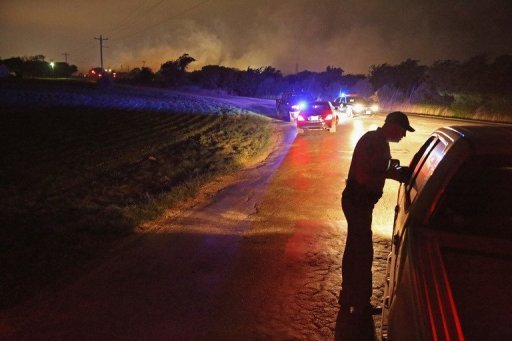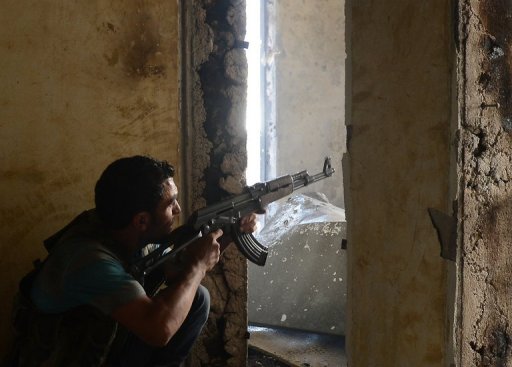On Sunday in Saudi Arabia, US president Donald Trump delivered his first speech abroad at the unprecedented US-Arab-Islamic summit, in attendance of 56 Arab Muslim leaders, including Egyptian President Abdel Fattah Al-Sisi.
During his speech to introduce Trump, Saudi King Salman Bin Abdul Aziz described Iran as a mutual foe and a source of terrorism they must confront “together”, and he accused the Iranian regime of spreading sectarianism in cooperation with affiliated groups.
Trump also offered sharp criticism of Iran, which just underwent a major election. The US president accused Iran of destabilising the region by supporting terrorism and arming militias that spread destruction and chaos. He also said that Iranian policy is responsible for a lot of destruction in the region, in addition to its support to Syrian president Bashar Al-Assad.
Iranian foreign minister Mohammad Javad Zarif criticized Trump for sealing an arms deal and other investments worth hundreds of billions of dollars with Saudi Arabia, Tehran’s arch rival in the Middle East.
“Iran—fresh from real elections—attacked by POTUS in that bastion of democracy and moderation. Foreign policy or simply milking KSA of $480B”, Zarif said on Twitter, referring to the new Saudi investments in the US.
The Islamic Republic of Iran and Saudi Arabia have a long history of accusing each other of sponsoring militias aligned to their competing sects of Islam in conflicts across the Middle East and the Islamic world.
Professor of political science at Suez Canal University Gamal Zahran believes that Trump’s visit is an index to the increase of the American influence in the region and theoretically mark a decline of the Russian role.
Zahran described Saudi Arabia as the US agent in the Islamic world now, and the main goal of the summit was to create a fake conflict in the region between Sunni Muslims and Shia Muslims, saying that the summit was a Sunni mobilisation against Iran.
Egypt will lose a lot of its regional influence if it does not revise its foreign policy and does not join any alliance, which may harm its relations with Russia, Zahran told Daily News Egypt. Also, he added that the summit was held in the heart of countries supporting terrorism.
Iranian affairs specialist Mohammed Mohsen Abou El-Nour believes that excluding Iran from the talks about terrorism in the region increases the problem and does not solve it, making it very difficult to reach a settlement.
Abou El-Nour agreed with Zahran about the positive effects of the summit on the Egyptian-Irani-Russian relations. Also, he said that Egypt’s participation in such meetings that mobilise against Iran, would negatively affect Egypt’s relations with Tehran.
“The true toll of ISIS [the Islamic State of Iraq and the Levant], al-Qaeda, Hezbollah, Hamas, and so many others must be counted not only in the number of dead. It must also be counted in generations of vanished dreams,” said Trump in the speech.
Palestinian movement Hamas has rejected Trump’s comments, saying it shows his “complete bias” towards Israel. “The statement describing Hamas as a terror group is rejected and is a distortion of our image and shows a complete bias to the Zionist occupation,” Hamas spokesperson Fawzi Barhoum said in a statement on Sunday.
Political analyst Ali Baker advises Hamas to quickly distance itself from Iran due to the unpredictable maneuvers of the US president.
For decades, Sunni Saudi Arabia and Shiite Iran have competed for religious leadership and political influence across the Muslim world. However, Saudi Arabia controls Islam’s holiest sites, while Iran is the world’s largest Shiite nation and is led by clerics who seek to export the ideology of political Islam that brought them to power in 1979. Also, each country accuses the other of sowing instability.


